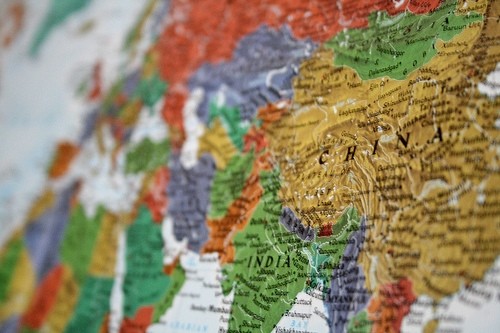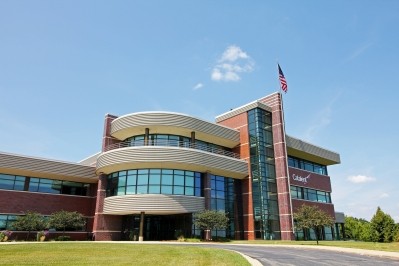Catalent and Mitsubishi GC team up for Asian cell line offering

The firms announced plans to jointly market Catalent’s GPEx, a vector for mammalian cell lines, for preclinical screening uses and as a CMO service producing finished biopharmaceuticals.
Catalent will engineer and develop the cell lines and Mitsubishi Gas Chemical Company (MGC)’s pharma wing will take over manufacturing for Phase III and commercial applications. The deal also allows MGC to use GPEx tech to make biosimilars cell lines for pharmaceutical partners for product development and commercialisation.
Using GPEx in the collaboration will speed the development and manufacturing of biologics for Asian customers faster than if they produce them within their own companies, said Catalent spokesman Chris Halling.
Catalent already has agreements to produce cell lines using GPEx for several biologics organisations in the Asia-Pacific region.
Last year it signed a deal to make mammalian cells for Chinese company Hisun Pharmaceuticals for the manufacture of infliximab, alemtuzumab and adalimumab biosimilars. It also makes anti-CORIN (the gene that encodes the atrial natriuretic peptide-converting enzyme) mAbs for the Centre for iPS Cell Research and Application at Japan’s Kyoto University, for work on induced pluripotent stem cell therapies.
Catalent declined to comment on which Asian markets it plans to target except to say the company has facilities in Australia, Japan and Singapore, as well as two new facilities in China.
IP protections can be a fraught issue for contract development and manufacturing organisations moving into the region. Lonza told us in 2012 it delayed launch of its GS Xceed expression system until it could resolve “the lack of IP coverage for that territory.”
Lonza spokeswoman Melanie Disa went on to describe novel biopharmaceuticals and biosimilars as “a growing market in Asia, specifically, China, India and Korea.”























